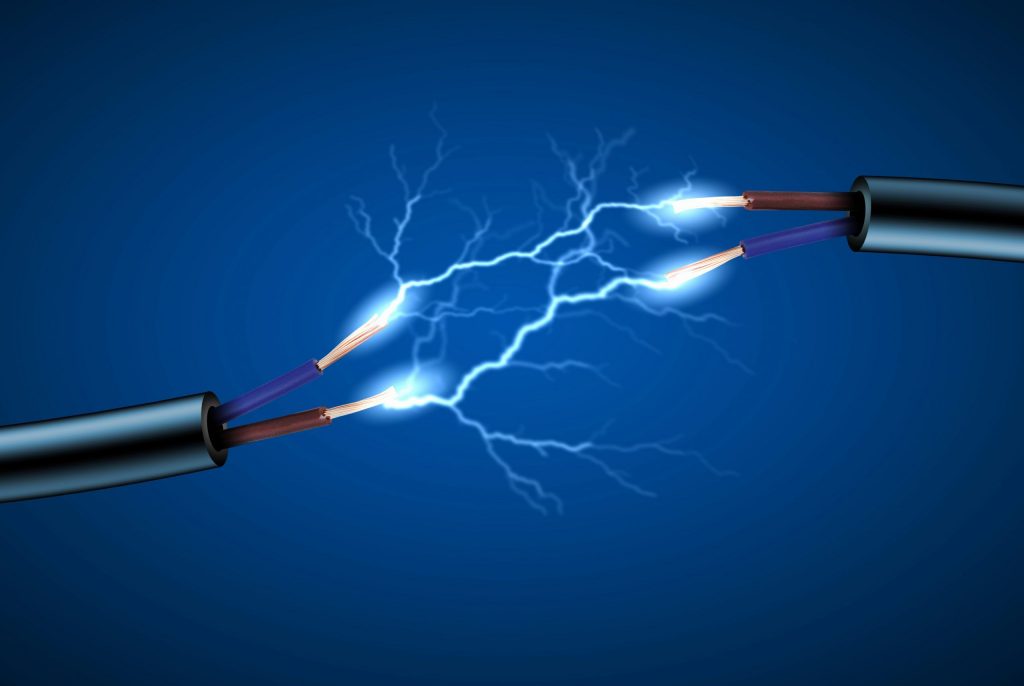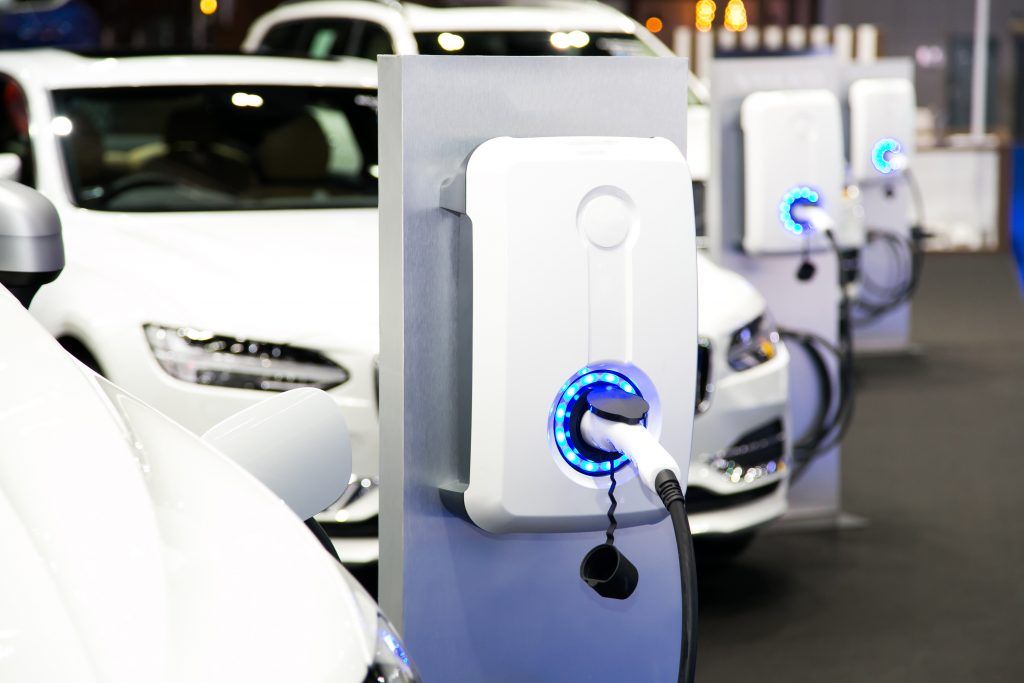New rules to speed up electricity grid connections for viable projects and allow stalled or speculative developers to be forced out of the queue have been announced by Ofgem.
The move is a step change from the existing ‘first-come, first-served’ approach, which has led to a long queue of energy projects.
The new queue management milestones will be implemented by the UK grid’s operator, National Grid ESO, from 27 November, and will terminate stalled projects that are blocking the queue for high-voltage transmission lines and means ready-to-go generation and storage to enable net zero can be fast-tracked.
The rule change will give National Grid ESO the power to introduce strict milestones into connection agreements and terminate projects if they do not hit them at each project stage. The ESO will publish guidance on 27 November on how it will use its powers with first terminations likely to happen as early as 2024.
It also comes as the Transport + Energy Forum this week will hold a panel discussion on the issue of speeding up grid connections with representatives from the ENA, UK Power Networks, Scottish and Southern Electricity Networks and the National Grid all taking part in the discussion.
Today’s announcement comes ahead of a joint connections action plan which Ofgem and DESNZ (Department of Energy Security and Net Zero) are due to publish later this month.
Eleanor Warburton, Ofgem’s Deputy Director for Institutions for Net Zero Energy Systems Management and Security said: “This is a big step towards phasing out the first-come first-served queuing system. We want new power on the grid as quickly as possible, so if you’re ready, you can connect sooner. If you’re not ready and are blocking the progress of others, you’ll be removed – you can’t sit on the queue with no consequences.”
Julian Leslie, Chief Engineer and Head of Networks at the ESO said: “This is a milestone moment in the ESO’s efforts to lead the transformation of the grid connections process, making it fit for purpose for a modern network that is rapidly evolving and decarbonising.
“The ESO will be uncompromising in our approach to driving out projects that cannot meet their connection date, paving the way for more viable projects that have a real chance of plugging into the grid, energising the UK economy.”
In response to the announcement, David Boyer, Director of Electricity Systems at the ENA said: “(This) is a significant milestone in accelerating and improving grid connections. While there’s plenty of work still to do, this is welcome news and we will continue to work with Ofgem and the government, as well as across our membership, to make progress on this and other major areas of reform.”
Image from Shutterstock








